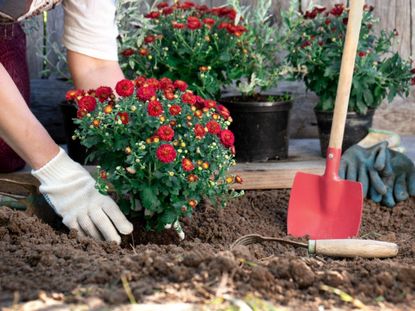Chrysanthemums
You know it's autumn when you start seeing mums in the stores. But what about growing your own chrysanthemums in the garden or how to care for indoor chrysanthemums? Browse the articles that follow to learn more about the care of mums indoors and out, including pruning information and common issues affecting these plants and how to treat them.
-

Do Deer Eat Mums? How to Protect These Fall Garden Favorites From Bambi and Friends
Are your favorite fall flowers at risk? I answer the question, "Do deer eat mums?" and provide some simple tips to keep hungry grazers at bay this autumn.
By Bonnie L. Grant
-
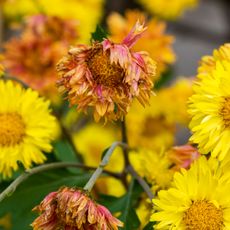
How To Deadhead Mums To Keep Chrysanths Blooming At Their Best All Through Fall
These flowering stalwarts have the potential to take you right through fall – but this one thing can guarantee the longest blooming displays. Here's how to deadhead mums
By Bonnie L. Grant
-

How To Care For Mums In Pots: A Garden Expert’s Advice For Great Fall Blooms
Care of potted mums can be a little tricky, but following some simple rules can help you have blooms all autumn and maybe even next spring!
By Bonnie L. Grant
-
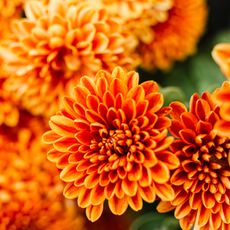
How Long Do Mums Last? Plus, How To Make Chrysanthemum Flowers Last Longer
Chrysanthemums have the potential for enduring displays as we enter the quieter months of the year. But how long do mums last? Here’s how to maximize your fall blooms
By Mary Ellen Ellis
-
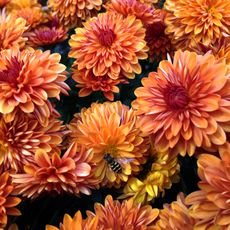
Overwinter Mums: Keep Chrysanthemums Coming Back Year After Year
Overwintering mums is possible with the right care. Learn how to winterize mums so you can have color in your fall garden every year.
By Tonya Barnett
-
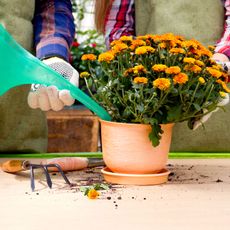
How Often To Water Your Mums For Beautiful, Long-Lasting Blooms
Watering chrysanthemums relies in part on whether your plants are in the garden or in a pot, but there is a knack to doing it well. We show you how often to water your mums for the best blooms
By Tonya Barnett
-
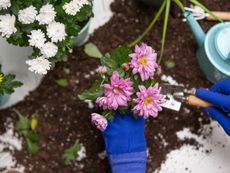
Can You Split Mums? How To Divide The Fall Garden Favorites
If you want to divide mums, splitting them in the fall may not be the best idea. Wait until early spring to divide and transplant mums.
By Tonya Barnett
-
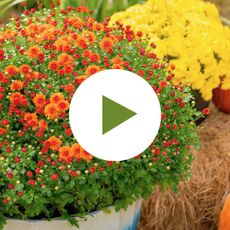
Growing Mums: How To Care For The Classic Fall Flower
Whether growing fall mums as seasonal decor or chrysanthemums year round, we've got everything you need to know.
By Caroline Bloomfield
-
Mum Powdery Mildew Symptoms: Treating Powdery Mildew On Chrysanthemums
Powdery mildew on chrysanthemums is one of those diseases that can usually be avoided with good cultural care. Click this article for information about mum powdery mildew symptoms and effective chrysanthemum powdery mildew control.
By Teo Spengler
-
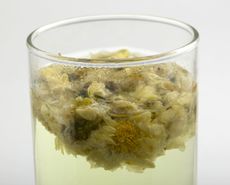
Organic Garden Pest Control: Using Chrysanthemum For Pest Control
Chrysanthemums, or mums for short, are loved by gardeners and florists for their diversity of shapes and colors. But there's another reason you should be planting them all over your garden: pest control! Learn more in this article.
By Liz Baessler
-
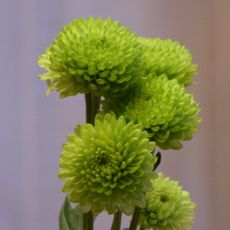
Chrysanthemum Varieties – What Are Some Different Types Of Mums
Gardeners delight in hundreds of different types of chrysanthemums, often classified by various criteria. To simplify the process for home gardeners, plants are often divided into eight distinct chrysanthemum plant types. Learn what those are here.
By Mary H. Dyer
-
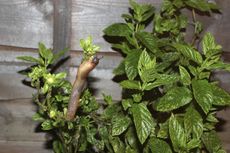
Issues Affecting Chrysanthemums – Treating Mum Plant Disease And Pests
Most mums are extremely vigorous and have few pests and disease problems but there are a few issues affecting chrysanthemums of which growers should be aware. The information found in this article can help with that.
By Bonnie L. Grant
-
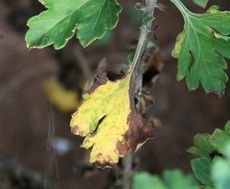
Treating Yellow Leaves On Chrysanthemum: Reasons For Yellow Chrysanthemum Leaves
If you see your chrysanthemum leaves turning yellow, you'll have to figure out what is going wrong. This article provides information about problems with chrysanthemum plants. Click here to learn more about yellowing mum leaves.
By Teo Spengler
-
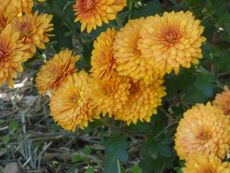
Chrysanthemum Lifespan: How Long Do Mums Live
How long do chrysanthemums last? It?s a good question, and one that often comes up in the fall, when garden centers are full of beautiful, flowering pots of them. Learn about the lifespan of mums in this article.
By Liz Baessler
-
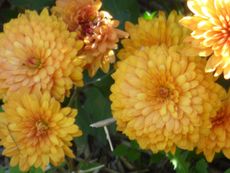
Chrysanthemum Information: Annual vs. Perennial Chrysanthemums
Whether your Chrysanthemum will come back after winter depends upon which species you have. If you aren't sure which one you purchased, the best thing is to wait until next spring and check for regrowth. Click this article for more info.
By Bonnie L. Grant
-
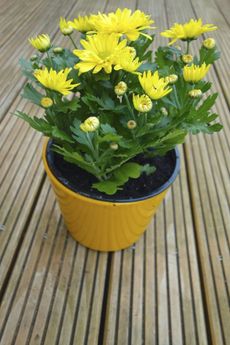
Mum Plant Repotting: Can You Repot A Chrysanthemum
Potted chrysanthemums, often known as florist's mums, are usually gift plants appreciated for their showy, colorful blooms. To keep them longer, repotting may be helpful. This article provides additional information on repotting mums.
By Mary H. Dyer
-
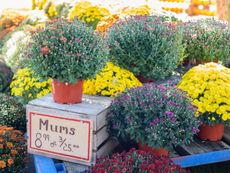
When To Buy Mums And How To Choose The Best Ones
When shopping for chrysanthemum plants, learn how to choose the best.
By Tonya Barnett

